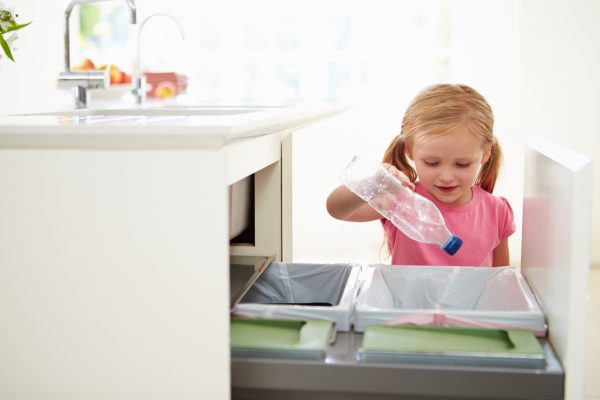
We’ve all seen it. We visit a Recycling Drop-off and notice items in the container that don’t belong. Some of them are blatant. Materials that are clearly trash are sitting in the container. Others are less obvious, such as a cardboard box that still contains plastic bags or polystyrene used to package the things inside. But all this contamination is a problem.
Recycling contamination has recently been at the forefront of the national news. Import changes made by China mean they are no longer accepting a variety of recyclables from the United States. These changes have caused a ripple effect throughout the recycling market, even reaching to Michigan.
Learn more about China’s effects on recycling
Those changes to the market mean it’s more important than ever to make sure you’re recycling right. And recycling right doesn’t have to be hard. Whether your recycling is being picked up at the curb or you’re taking it to a drop-off, the most important thing is reading the guidelines and following them. The guidelines are posted on signs at each Recycling Drop-off. You can also find them on our website:
Lansing Recycling Drop-off Guidelines Jackson Recycling Drop-off Guidelines
And remember, if you’re not sure, all you have to do is ask. If the guidelines don’t mention a certain material, just shoot us an email at [email protected] to be sure before adding it to your recycling.
Although any contamination is an issue, the contamination we see most at our Recycling Drop-offs involves plastic bags and bulky, rigid plastics. Plastic bags are not recyclable with other plastics and can cause disruption to the recycling process and damage to recycling equipment. All materials should be placed loose (not in bags) in recycling containers. If you need solutions for bags, check out this blog post.
Bulky, rigid plastics commonly include plastic totes, buckets or pails, plastic toys, plastic lawn furniture and plastic laundry baskets. They’re not accepted by Granger’s recycling processor.
So, what happens if recycling guidelines aren’t followed? Here are a few of the consequences of recycling contamination:
- If a load of recycling is too contaminated, the whole load will have to be landfilled. All the work done by those recyclers is wasted and recyclable material ends up out of the recycling stream.
- Certain contaminants, such as plastic bags, can cause damage to recycling machinery. Even a small number of bags can mean serious problems for equipment.
- Recyclables lose value. Excessive contamination means that processors won’t accept materials or will only accept them at a far lower price, which may not cover the costs of collecting, sorting and transporting recyclables. If this becomes a long-term problem, recycling options could become less available.
We know you want your recycling to count, so do your best to recycle right!
Related Resources
